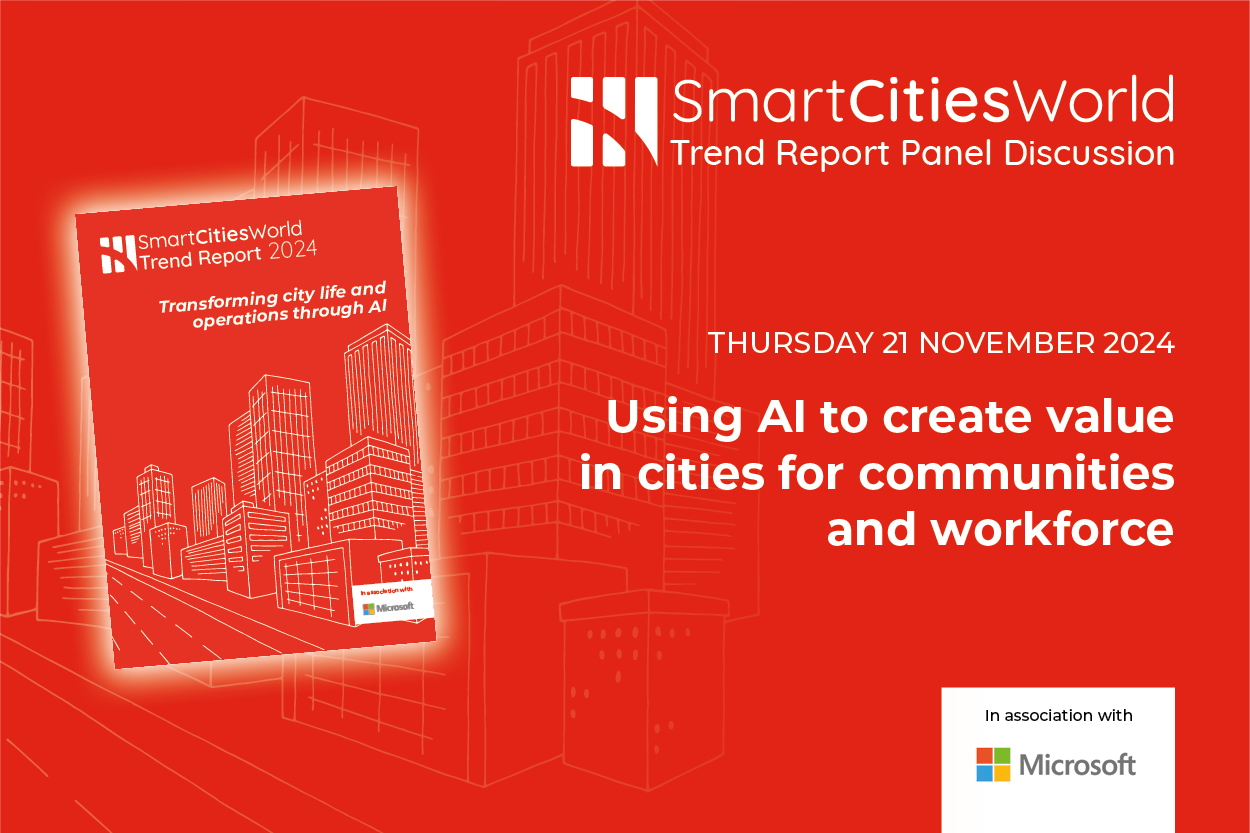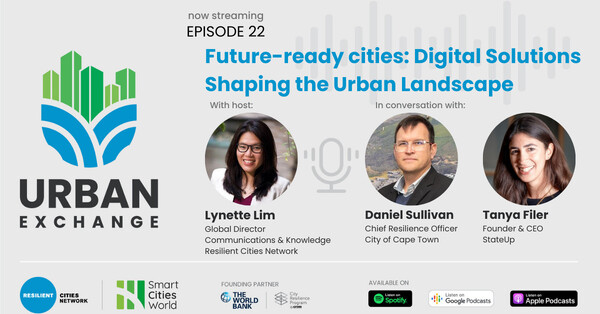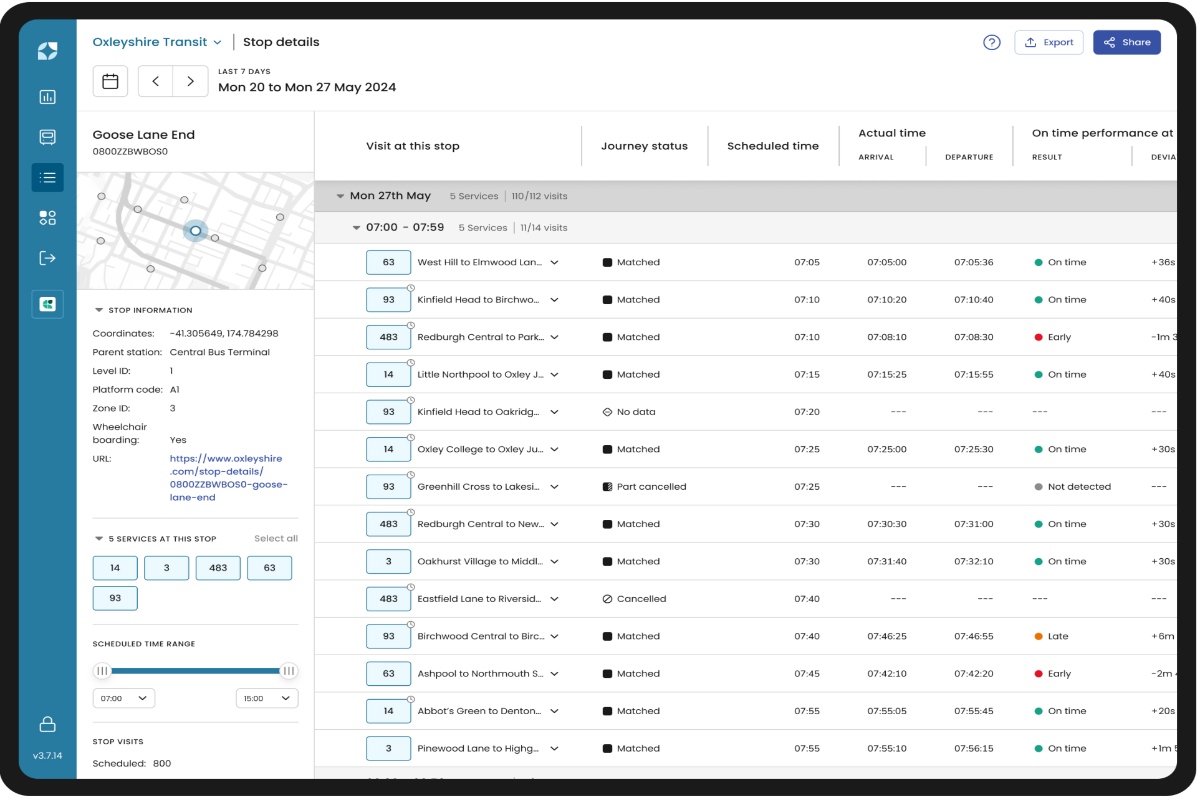Special Reports
SusHi Tech Tokyo 2024: experience ‘Tokyo 2050’ todaySponsored by The SusHi Tech Tokyo 2024 Showcase Program Executive Committee
Crowdfunding the future for councils?
It facilitates a marketplace-led model, where citizen demands and institutional supply can meet more effectively

Crowdfunding is predicted to become the de-facto method to assign council resources and budget to local projects, according to a new study from Future Cities Catapult.
Citing numerous economic and social benefits, the report from the UK’s Government-backed centre for urban innovation, explores how cities could use crowdfunding as a tool to adopt and foster innovation and change, and its potential to revolutionise local democracy.
The findings come at a crucial time as councils search for ways to ease pressure on council budgets, and community and voluntary organisations are finding ways to provide the same services with limited funds.
Encouraging local authorities to adopt crowdfunding approaches can lead to stronger communities, more attractive neighbourhoods and a more democratic approach to community engagement, said Scott Cain, chief business officer at Future Cities Catapult.
The centre has been working with Spacehive and the cities of Manchester and Hull to untap their civic funding potential, advising on the ‘Our Manchester’ and ‘Make Hull’ initiatives launched in 2016.
Some 45 councils across the UK are utilising crowdfunding, but little work has been done to understand what it can offer communities, with nine out of 10 local authorities largely unaware of the domain and how it could apply to them.
Crowdfunding addresses the key city challenge of public authorities operating with structures that have been in place for decades, and their ridged and complex citizen engagement mechanisms. The report encourages cities to share knowledge, build partnerships and ultimately create an ecosystem where government, businesses and citizens can creatively collaborate.
“What we’re seeing is that civic crowdfunding is beginning to open up an exciting new space where councils can collaborate directly with citizens and businesses to add value to communities,” said Chris Gourlay, CEO and founder of Spacehive.
“More and more councils are seeing the value empowering local people to create places they love: get it right and we can unlock a huge amount of new creativity and funding for the civic environment, boosting people’s quality of life and the local economy.”
Cain pointed out that crowdfunding is not a new concept, and can be traced back to 1884 when over 120,000 micro-donations were made towards the Statue of Liberty. He added: “It’s a great solution to a very real problem and considering it as simply another fund-raising tool is to ignore its huge potential for citizen participation and practical democracy.”
While civic crowdfunding is still in the early stages of development the market is growing rapidly. The Cambridge Centre for Alternative Finance reported that in 2015, the UK online alternative finance market facilitated loans, investments and donations totalling £3.2bn. It facilitates a marketplace-led model, where citizen demands and institutional supply can meet more effectively.
“We see enormous potential in new tools such as civic crowdfunding that can make a real difference in the city and deliver communities’ needs and aspirations if they are properly understood by city authorities, residents, and the private sector alike,” said John Rossant, chairman of the NewCities Foundation.
“The potential impact of leveraging the crowd in urban development may prove itself the new normal for working with communities to shape public space in cities. ’Crowd urbanism’ may be an unstoppable force in how we make and re-make our cities."
If you like this, you might be interested in reading the following:
SMEs help to overhaul UK planning
UK businesses, individuals, and planning authorities were invited to develop ideas to create a more data-driven and digitally enabled system
smartcitiesworld.net/news/news/smes-help-to-overhaul-uk-planning-1473
Three UK cities take planning lead
The Future of Planning programme explores how design, data and digital tools can improve the planning process in the UK
smartcitiesworld.net/news/news/three-uk-cities-take-planning-lead-1175
Innovation week first for UK’s second city
Week-long programme of events in Birmingham will help connect local businesses, drive innovation, and promote opportunities in the smart cities market
smartcitiesworld.net/connectivity/connectivity/innovation-week-first-for-uks-second-city

















